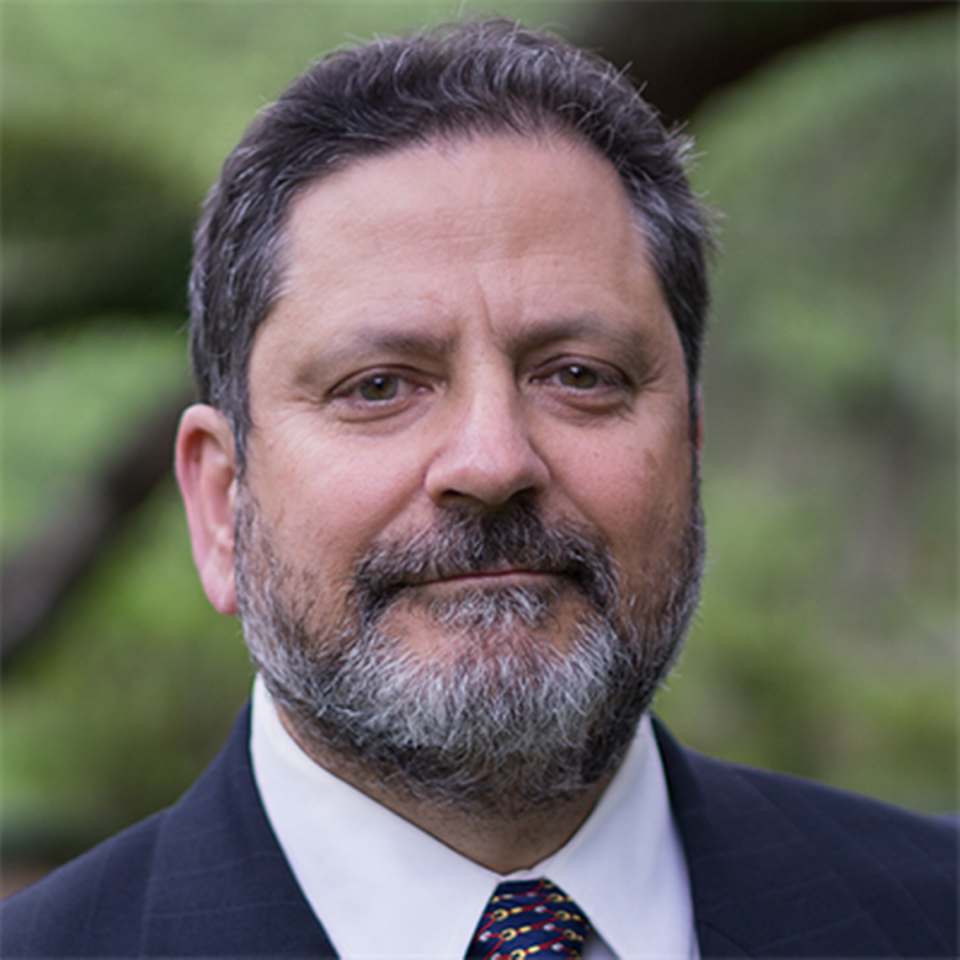Florida has a record budget surplus. Invest in high-quality childcare — and a better future | Opinion
Only real, high-quality childcare leads to great outcomes.
The consequences of unattainable childcare are significant: Without access to affordable, reliable, high-quality options, working parents may be less productive, miss work or leave jobs. They may be pushed out of the workforce altogether.
Absenteeism and turnover hurt not only hardworking families, but also the output of businesses, ultimately limiting economic gains and tax revenue for state and local governments. We are talking about a lose-lose situation for everyone.
We all went through the COVID-19 pandemic. Every state, including our own, received significant dollars from the American Rescue Plan Act to stabilize local childcare. Florida, in fact, received an extra $3 billion in Child Care and Development Block Grants. Florida’s Early Learning Coalitions and School Readiness providers used these dollars to increase the supply of childcare slots, provide staff training and buy supplies.
Now, subsequent to the worst of the pandemic, that federal funding is running dry. Most such funding expired two months ago, and the rest will be gone by next September. Although the funding was intended to help states withstand the consequences of the pandemic, it also allowed states to make critical, long-overdue investments in childcare infrastructure. The issues that trouble Florida’s childcare system predate the pandemic and, if not corrected, will go on for years to come.
Why is our state’s childcare so unstable? Reading Florida TaxWatch’s just-published report, “Economic Benefits of a Robust Child Care System in Florida,” it’s clear that the greatest challenge focuses on low compensation. And low compensation means a workforce that often goes elsewhere for higher pay. That leads to fewer childcare slots.
Moreover, childcare can be challengingly expensive, and many working-class families cannot afford that. Believe it or not, childcare frequently costs more than tuition at our 12 state universities. Meanwhile, a just-released Bank of America Institute study showed a parent’s average childcare payment is up a third just in the past four years.
Amid this $3 billion funding shortfall, Florida’s childcare system becomes even more precarious. As the federal funding comes to an end, the Century Foundation estimates 213,000 children in Florida will lose access to childcare. For the sake of our state — the 15th-largest economy in the world if we were a nation — Florida must consider a long-term strategy.
The state Legislature should invest some of our record budget surplus to allow childcare centers to maintain staffing without inflating the already-expensive costs of childcare. Using state revenue, the Discretionary Grant Program could continue to be used for increasing wages for the childcare workforce, making wages comparable to other professions with similar credentials; increasing opportunities for training and coaching, thus limiting the risks of burnout or dismissal because of the lack of experience; and providing grants to cover start-up and licensing costs to bring new providers on board.
Confronted with the risk of losing valuable employees, businesses are a natural partner in solving the state’s childcare crisis. Today, fewer than 6% of employers nationwide offer company-provided childcare. Twenty-one states — but not our own — offer employer tax credits to businesses offering employees childcare options.
We can and should learn from others. Were Florida to offer such a tax credit, employers would be much more likely to offer childcare options.
This is about the future of children and families — and our state. Economic development is a continuum. These young children are the workers of tomorrow. At least 85% of brain growth occurs by the age of 3. Get the early years right, and chances are that children will have momentum all their lives.
This is the right and good and wise thing to do.
Dominic Calabro is the longtime president of Florida TaxWatch. David Lawrence Jr. is chair of The Children’s Movement of Florida and former publisher of the Miami Herald.



